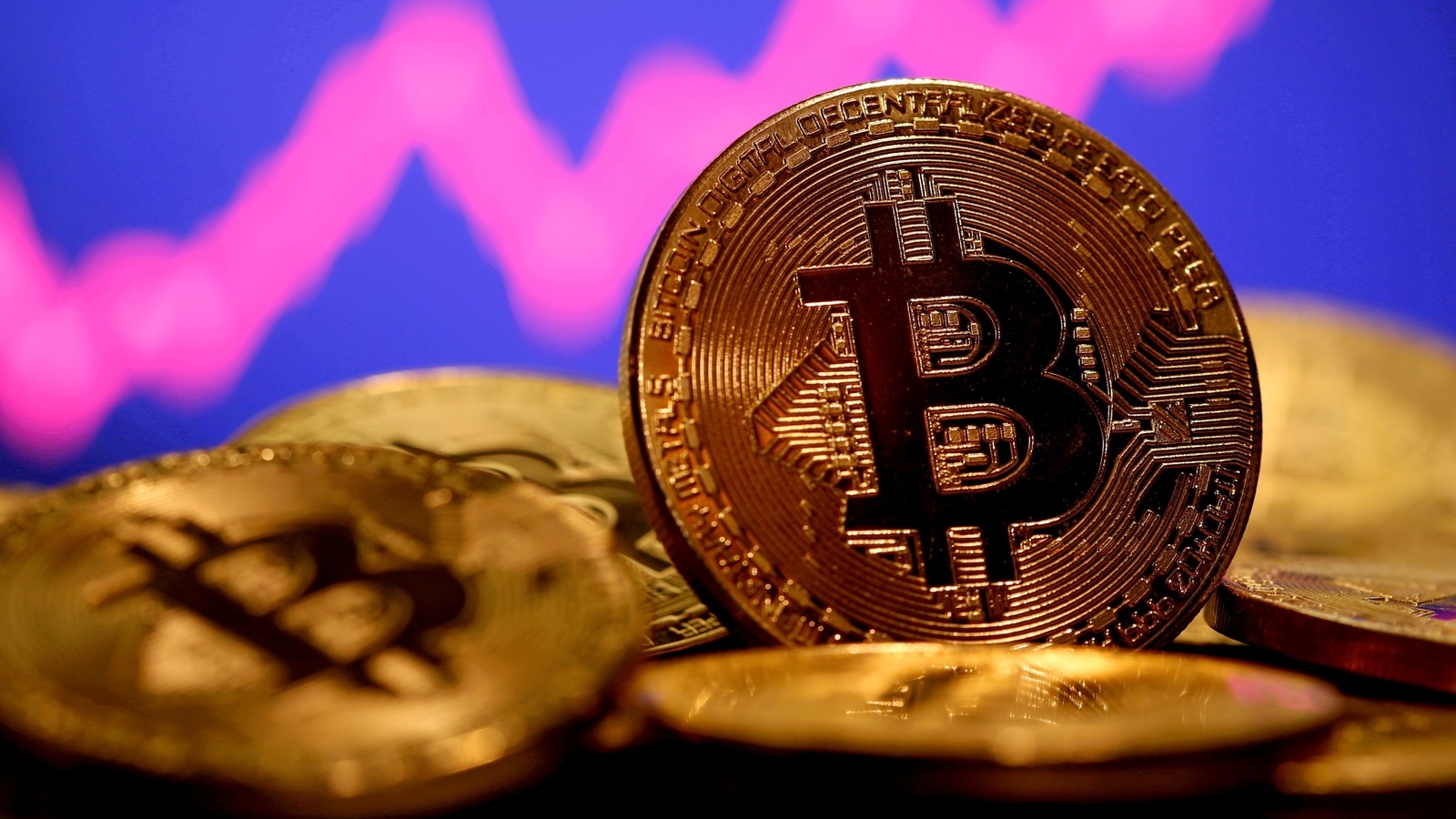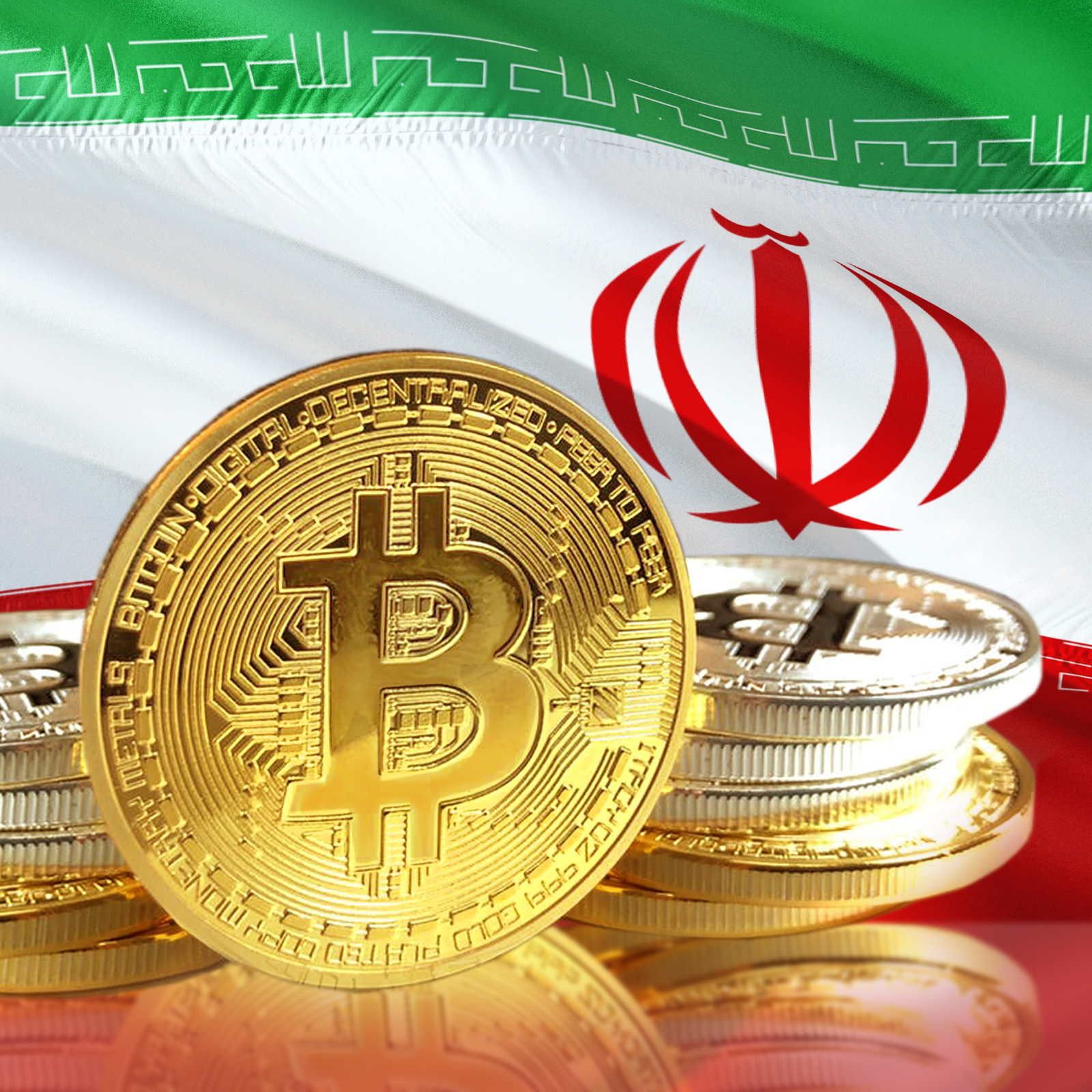What Effect does Bitcoin have on the New Medical Sector of Iran for 2022?

What Effect does Bitcoin have on the Medical Sector of Iran?
The medical sector of Iran has been facing significant challenges in payments, with patients and physicians being forced to wait for days before receiving reimbursement.
In addition, due to the country’s dependency on the US dollar, there are many limitations regarding how much is available at any given time. While Bitcoin dominance is falling , it is a temporary decline that should not cause panic in the market. In this article, you will know how bitcoin affects the medical sector of Iran.

7 Positive Ways how Bitcoin Benefits the Medical Sector of Iran
1- Receiving payments faster
One major drawback in Iran is the time it takes for reimbursements, which can be a problem due to bitcoin being received immediately. Thus, if both the patient and doctor agree on receiving payments through this currency, they will solve their issues with getting paid quickly.
2- Providing an alternative to sanctions
The US dollar, the primary currency used in its market, has seen its supply decrease significantly since 2012.
These sanctions have harmed the Iranian economy and contributed to payments in various sectors of the economy, including the medical industry. With bitcoin, both physicians and patients will avoid this problem entirely or significantly.
3- Promoting trade between countries
Due to the sanctions imposed on Iran, many companies have been forced to stop trading. This has affected various industries, including the medical one. Still, with bitcoin, it is possible for all parties involved to avoid such problems and continue their business as usual.
4- Getting around the sanctions with ease
Although it may be illegal to buy and sell this digital currency in Iran, there are no prohibitions on using bitcoin when making international transactions.
Thus, with the help of this innovative payment method, it is possible to get around the sanctions imposed by various countries, including the United States, with relative ease.
5- Supporting the free market
Most countries are not happy with their citizens dealing in bitcoin due to its decentralized nature. It is partly for this reason that it has been banned in various places, including China, Russia, Morocco, Thailand, and India.
However, there are no prohibitions on trade made through bitcoins which means that both patients and doctors can continue their business with the digital currency.
6- Boosting medical tourism
With a lack of facilities in Iran, more and more citizens from various countries are going overseas for different treatments, including surgeries.
Bitcoin will make payments more manageable, encouraging even more people to go abroad, at least for operations. In this way, cryptocurrencies can significantly boost medical tourism, which substantially benefits Iran.
7- Promoting cooperation with Middle Eastern countries
One of Iranians’ most significant problems is their lack of access to international payment systems like Visa and PayPal due to sanctions. However, bitcoin provides a gateway for them to open communication with UAE and Qatar with no such limitations.
4 Negatives of Bitcoin that Affected the Medical Sector of Iran
1- Being banned in Iran
Since the US dollar is the primary currency used in Iran, any other form of money, including bitcoin, can be seen as a threat.
Furthermore, such coins are not compatible with the country’s laws, and there have been many discussions on how to handle them. Thus, authorities have not welcomed bitcoin, leading to banning it in most places.
2- Promoting money laundering and terrorism financing
Due to the decentralized nature of bitcoins, they have been used by criminals and terrorists to hide their identities when making transactions. This has led many countries, including Iran, to consider them a threat. Some officials even say that using such currency is equal to cooperating with enemies of the country.

3- Not protect consumers or businesses
Although there are many advantages to using digital currencies, their decentralized nature has led to problems with safety. Since there is nobody to complain to if something goes wrong, this has made customers leery of buying any products through bitcoins.
4- Spreading financial instability
Although this digital currency is new, it has already impacted various markets. However, since there are no trading regulations, many countries, including Iran, have had problems figuring out how this new form of money can affect their economies.

Conclusion
Despite all the negatives, there are some clear positive sides to using bitcoins in Iran. First, especially for medical purposes, this digital currency can make life easier for doctors and patients who do not have access to international payment systems.
Furthermore, it is also possible to find new ways of promoting medical tourism, which will benefit the whole country, including the healthcare sector.



